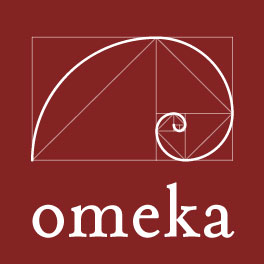Zotero-Ready Web Publishing Platform Omeka Goes Public

 If you are looking for a Zotero-ready open source web platform for publishing collections online, then today is your lucky day. The Center for History and New Media launched the public beta of Omeka to provide museums, historical societies, libraries and individuals with an easy-to-use platform for publishing collections and creating attractive, standards-based, interoperable online exhibits.
If you are looking for a Zotero-ready open source web platform for publishing collections online, then today is your lucky day. The Center for History and New Media launched the public beta of Omeka to provide museums, historical societies, libraries and individuals with an easy-to-use platform for publishing collections and creating attractive, standards-based, interoperable online exhibits.
Omeka’s WordPress-like approach to collection and exhibition publishing makes it easy to rapidly develop and launch high-gloss sites, and its plug-in architecture makes it flexible. In particular, all installs of Omeka come pre-bundled with a COinS plugin, which embeds metadata derived from the Dublin Core fields associated with individual items. This means that all installs of the public beta are Zotero-ready “off the rack” without any tweaking. Beyond offering interoperability between our resources, this software makes it easier than ever for individuals and institutions with limited budgets to share their content online with Zotero users around the world.

